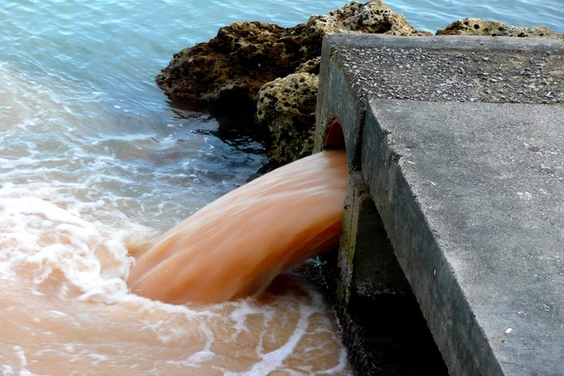But no one can tame the tongue.
It is restless and evil, full of deadly poison.
James 3:8
Shortly after midnight on Saturday, April 26, 1986, routine maintenance was in progress at the Chernobyl nuclear power plant in the north east corner of the Ukraine when an uncontrolled power surge raced through reactor No. 4, producing steam and hydrogen, which culminated in a massive explosion.
A mile-high nuclear cloud hovered for ten days, releasing its nuclear rain.
In the summer of 1993 our friends, the Parrotts, witnessed firsthand the devastation this accident brought to this region and its people and it’s stayed with them to this day.
On a humanitarian assignment for World Vision International, Les was sent to Chernobyl to help those who had not been amenable to physical healing. He walked around an abused landscape that will require many thousands of years of healing.
He talked with suffering children.
He listened to their desperate parents.
He met with courageous doctors, and saw what life was like in Chernobyl’s “Dead Zone.”
Things will never be simple and uncomplicated again for two million residents of Belarus.
All parts of the human body get tired eventually—
except the tongue.
–Konrad Adenauer
Reflecting upon his experience in Chernobyl’s contaminated region, Les came to a fresh realization: as soil and air are poisoned by radiation, so the human heart and mind are poisoned by critical comments. “The human tongue is full of death-bringing poison,” as James 3:8 says.
Verbal toxicity, however, is often dispensed in subtle forms.
We sometimes camouflage our criticism, for example, in humor. People wriggle out of cruel statements by saying “I was just joking.”
Or we shoot a poisonous dart with “helpful” advice that is actually meant as an artful put down. When was the last time you did that?
Sometimes we withhold our attention to express our disapproval.
As a Yiddish proverb says, “If you’re out to beat a dog, you’re sure to find a stick.” Our devious minds conjure up all kinds of subtle ways to be cruel to our mates with our words. It’s not true that sticks and stones are the only things that hurt…words hurt too…and much much worse.
Regardless of its form, criticism poisons the human spirit much like a nuclear disaster poisons a landscape. If we could divide all your sins into two big piles of equal size, one of those piles would be sins of the tongue, including criticism of the person we are supposed to support and cherish the most.
Reflect and Respond
How would you rate your personal “criticism quotient” in your marriage on a 1-10 scale and why?
Here’s an idea for you. For the next week make a conscious effort to swallow any critical statements you may be tempted to make to your spouse. Just close your mouth and breathe when you are tempted. Then at least once a day complete this sentence aloud, “I love you, because______________.” Make it genuine. Let me know how that works for you.
(Based on a blog from Les Parrott)




